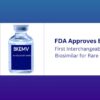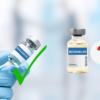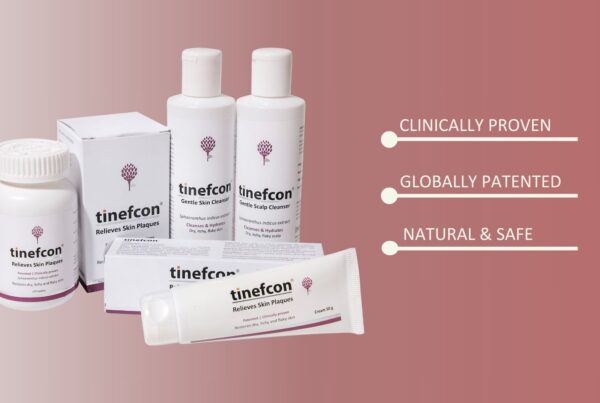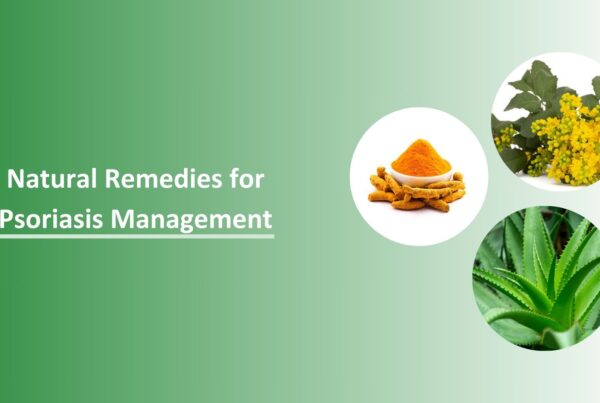Introduction:
In the dynamic landscape of oncology treatment, biosimilars have emerged as promising alternatives to originator biologics, offering comparable efficacy and safety. However, recent research unveils a paradox: Korean oncologists, despite recognizing the equivalence of biosimilars, often favor originators in their prescribing practices.
Understanding Prescribing Patterns:
A recent survey conducted from September to October 2022 gathered insights from 118 Korean oncologists across diverse practice settings and experience levels. The findings revealed a dichotomy: while a preponderance of respondents had prescribed biosimilars to patients, a significant proportion expressed a selection for originators.
Factors Influencing Prescribing Behavior:
The preference for originators among Korean oncologists appears rooted in several factors. Firstly, there exists a pervasive trust in the established safety and efficacy of originator drugs, outweighing recognition of biosimilar comparability. Additionally, cost concerns shape prescribing decisions, with some oncologists opting for biosimilars to alleviate financial burdens on patients.
Also Read: Biologics vs Biosimilars
Challenges in Transitioning to Biosimilars:
Despite acknowledging the potential of biosimilars, oncologists, particularly in metropolitan areas, exhibit hesitancy in transitioning patients from originators. This hesitancy stems from concerns surrounding the efficacy of biosimilars and patients’ trust in these alternative treatments.
Prioritizing Patient Education:
An essential component in fostering biosimilar acceptance lies in providing comprehensive explanations to patients regarding medication choices. Oncologists emphasize the importance of addressing patient apprehensions to facilitate the adoption of biosimilars.
Barriers to Widespread Adoption:
Several barriers impede the widespread adoption of biosimilars, including exclusion from formularies and patient resistance. Furthermore, the study’s limitations, such as its focus solely on oncologists and the relatively small sample size, underscore the need for cautious interpretation of the findings.
Conclusion:
The complexity of biosimilar adoption among Korean oncologists highlights the need for competitive pricing and comprehensive education for both providers and patients. Collaborative efforts are essential to maximizing biosimilars’ role in improving cancer care accessibility and ensuring healthcare sustainability.
Reference:
https://link.springer.com/article/10.1007/s40259-023-00640-3
Written By
Aswini PriyaMedical Content Writer
Reviewed By
Dr. AnchalMedico Expert
Last Updated
15 May 2024 | 04:00 PM (IST)










